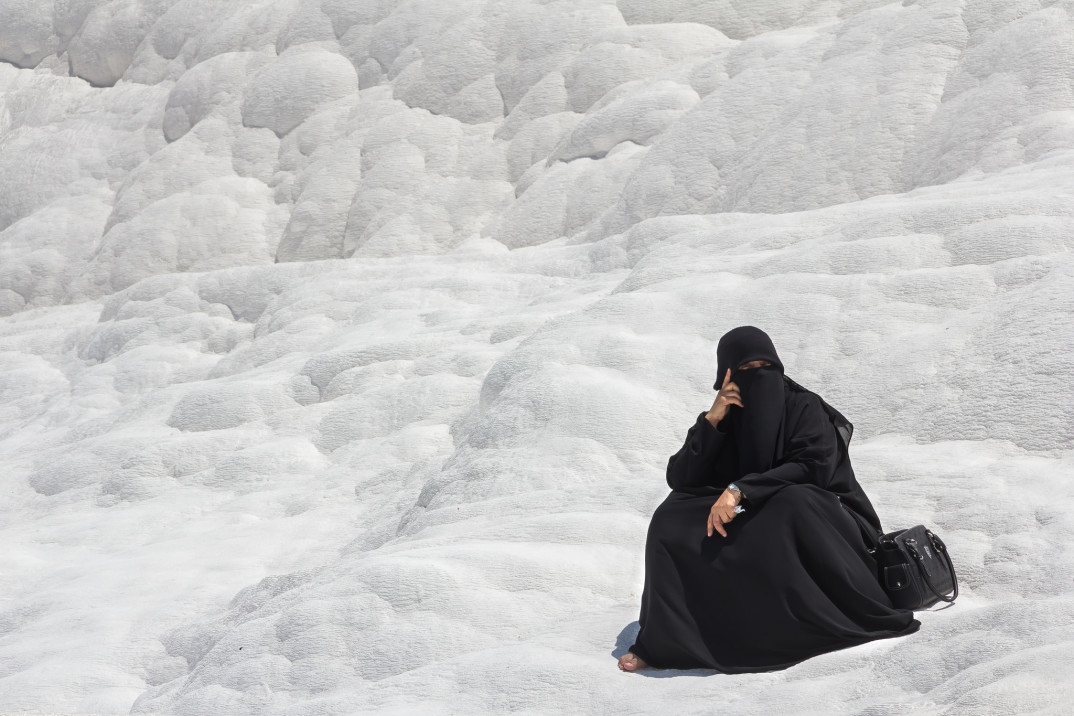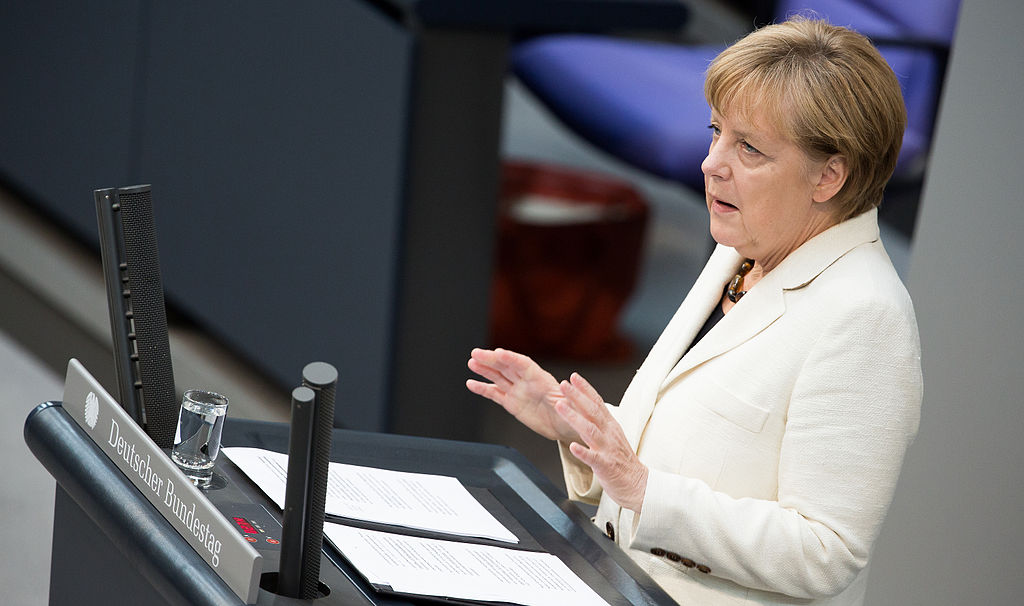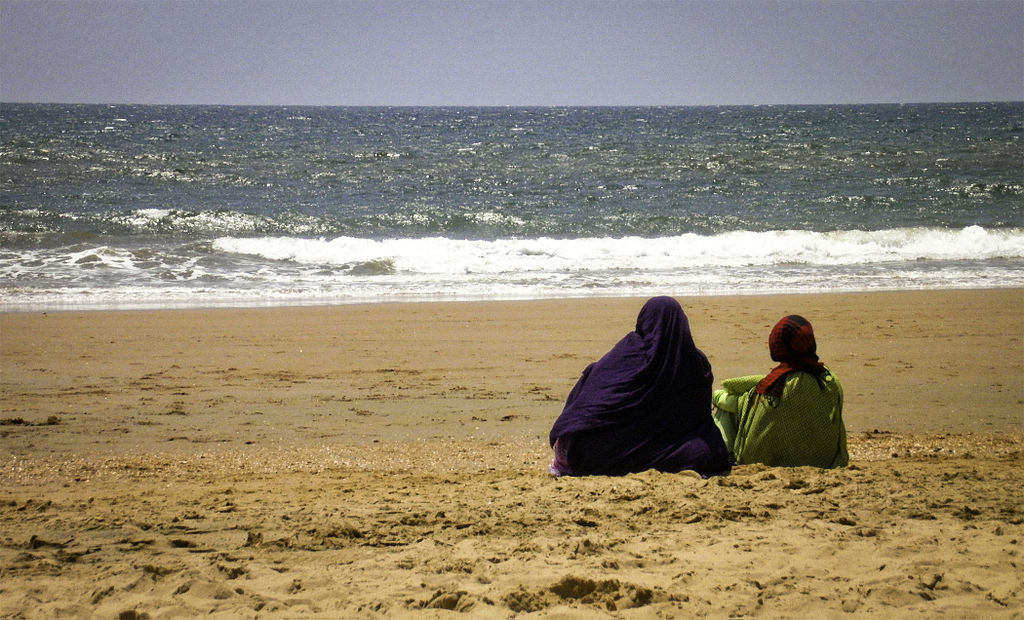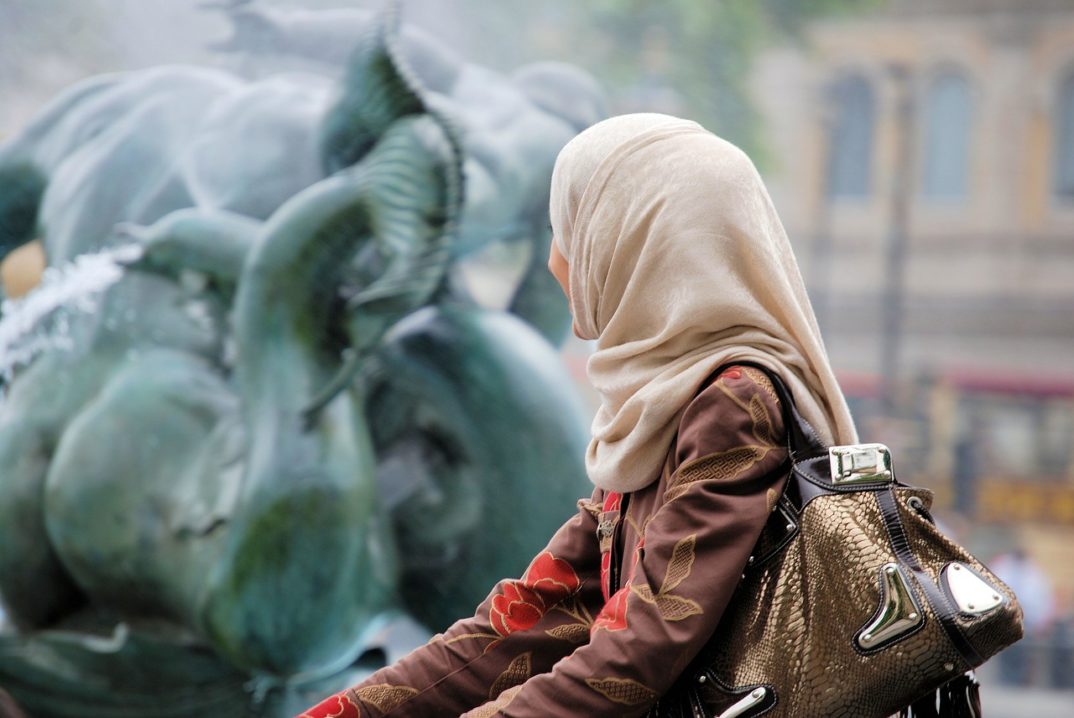As part of a legal settlement, Bernards Township, a small, affluent town in central New Jersey, will pay a 3.25-million-dollar settlement to a local Islamic group. The Justice Department filed suit. Together with the Islamic group, the department alleged that the township had changed their zoning laws to prevent a mosque from being built to service the area’s Muslim population.
Saudi Arabia’s Football Team Shuns a Moment of Silence
Saudi Arabia is the latest Arab Gulf country making waves lately. In a recent World Cup qualifier game between the Saudi Arabian Football Federation and the winning Australian national soccer team, the Saudi players ignored the call for a moment of silence dedicated to recent victims in London. Two Australian women were killed in the recent attacks, so this moment was very important to many watching the game. Football Federation Australia organized the dedication, which approved by the Asian Football Confederation, but this approval was either lost in translation or ignored by Saudi officials.
Continue reading “Saudi Arabia’s Football Team Shuns a Moment of Silence”
In San Diego, Fighting Islamophobia in the Elementary School
In order to combat the “pervasive and underreported” bullying of Muslim children in public schools, the San Diego public school district’s board has launched a campaign to fight Islamophobia. As one of the largest public school districts in the country, San Diego has set an important precedent for other districts. For this reason, the decision, voted 4-0 on April 4, has received both praise and backlash on social media.
Continue reading “In San Diego, Fighting Islamophobia in the Elementary School”
Identity and Pluralism in Merkel’s Call to Ban the Veil
This article has a set of discussion questions tailored for classroom use. Click here to download them. To see a full list of articles with discussion questions and other resources, visit our “Educational Resources” page.
Germany would be far from the first country to ban the veil. France was the first Western European country to do so in 2011, with the administration using the reasoning that the veil is a vehicle of oppression of women as justification for the fines imposed on women who leave their house with their faces covered.
Despite the fact that a number of countries in Europe, including the Netherlands, Italy, Belgium, and Switzerland, have some sort of legal restriction on the wearing of headscarves, this is the first time the prospect of a federal ban on the full veil in Germany has been raised (Though half of Germany’s states have banned teachers from wearing headscarves after a Constitutional Court case in 2003). That leadership in Germany have joined the movement against Muslim headscarves speaks to a shift in approach to what has long been a thorny question. How can a nation balance a liberal respect for pluralism and the autonomy of its citizens while at the same time preserve a national identity?
Merkel said in her speech defending the idea of the ban: “The full veil is not appropriate here, it should be forbidden wherever that is legally possible. It does not belong to us.” Her move towards banning the veil has widely been taken as a tactic to mitigate the negative response to her allowing hundreds of thousands of migrants to enter Germany in the wake of the migrant crises of recent years. What it means to be German is implicated in the discussion, and the public display of practices that are interpreted to be “foreign” are less than welcome in the current climate. Thus, the proposal of a ban on headscarves will likely help Merkel gain support of constituents who have been less than pleased with her handling of the migrant crisis and its effects on the economy and other aspects of German life.
Bans like these bring out the tension between the formal and substantive values underlying modern liberal societies. On the one hand, there is a commitment to allowing people to live as they wish: the value of protecting civil liberties and individual autonomy, which is a formal value (it does not implicate any particular value systems or commitments to promote). On the other hand, there is a commitment to promoting something resembling a national identity, values which would be German, or French, or British, or American, which would be substantive.
This formal commitment we can call a commitment to respect autonomy, or the value of pluralism. This is the value in respecting an individual’s autonomy in shaping her life according to her values, especially in practices that are in significant areas of life. Practices and choices regarding child-rearing, partner selection, educational strategies, meals and dietary customs, burial and worship, etc. shape the meaning and significance of our lives. Crucially, at the root of this commitment is the notion that there are multiple reasonable value systems that could shape a good life, and therefore in order to have a society that respects all individuals, it must acknowledge that they could arrive at different ideas about how to live. Given a full set of human competences, well-informed people can disagree as to what will constitute a life well-lived.
It can be important to one family to raise children in authoritarian, achievement-focused manner. In another household, particular eating practices could be highly significant. Expressions of religious belief and worship vary from diet to clothing to structural family choices. These practices are ways that the world and life makes sense to us and is meaningful, and in the last few hundred years especially, societies have trended towards more pluralist approaches to governance where citizens can hold a variety of value systems and fully participate in the government and society.
France has embraced a further value: a deep separation of church and state, in other words, a commitment to secularism. Public spaces are meant to be free from “conspicuous” displays of religious expression. For instance, displays of religious expression in public schools have been banned since 2004, and this restriction has been met with wide public support: BBC reports, “Most of the population – including most Muslims – agree with the government when it describes the face-covering veil as an affront to society’s values.” The justification for these restrictions is largely framed as an appeal to what it means to be “French,” and the substantive values that come with citizenship. This is a move away from pluralism, a move towards the promotion of particular nationalist values.
The commitments here are distinct from a commitment to pluralism and a respect for autonomy, for expressions of differing values (specifically, values that arise from religious commitment) in certain public places are outlawed. It is telling that along with a fine, the sanction for wearing the full veil includes taking a class on citizenship. Despite being the country with the largest Muslim minority in Western Europe, in order to be a proper citizen of France, expressing this religion in particular ways in particular places is legally prohibited.
The value of pluralism is underwritten by the notion that there are multiple ways of living that may be equally valid, or at least that are not inherently wrong. With a commitment to secularism, France is avoiding saying that these practices are wrong, and instead saying they are not appropriate for the public sphere (though President Sarkozy, who was in power and behind the ban on full veils, cited the oppressive nature of the veil at the time). Attempting to outline appropriate behavior for the public sphere, while maintaining that individuals can live according to their values in private is giving priority to the commitment of secularism over pluralism, which is relegated to a particular sphere of life.
A commitment to secularism could be underwriting the current move in Germany, with the foreign minister’s language citing the veil’s inherent conflict with Germany’s “open society”, and Merkel claiming that the veil “doesn’t belong to us.” The foreign minister seems to attempt to appeal to formal values of German society – values that wouldn’t favor one religious or secular value system over another – when he mentions the importance of communication: “Showing the face is a constituent element for our communication, the way we live, our social cohesion. That is why we call on everyone to show their face.” This would suggest that the issue isn’t with the expression of religious faith that is foreign to Germany or an oppression inherent in wearing the garment, but rather that Germans have a formal commitment that this specific instance of religious expression is in conflict with. If someone is covering their face, the suggestion is that communication is undermined. (Our ability to successfully communicate via a plethora of digital media would seem to be a counterexample to this appeal to the necessity of seeing the face of our interlocutor.)
The restriction of public expression of personal adherence to a value system has been justified on a variety of grounds recently in Western Europe. Whatever is taken to justify it, the case must be weighed against the nation’s commitment to pluralism, and the extent to which the nation wishes to preserve that value as part of its national identity.
Balancing Religious Freedom and Security in Germany’s Full-Veil Ban
Although nations have been dealing with international Islamic terrorism since the 1960s, Islamism’s threat has expanded over the last half-century. It has seeped out of immediate regional disputes in the Middle East and found its way directly into Western territory with the 1993 bombing of the World Trade Centers and the subsequent attacks on the World Trade Center and the Pentagon in 2001.
Continue reading “Balancing Religious Freedom and Security in Germany’s Full-Veil Ban”
“French-ness” and the Burkini Ban
Multiple cities in the French Riviera banned Muslim women from wearing a “burkini” in public, a full body swimsuit resembling a wetsuit. France’s foremost court overturned these bans, arguing they “seriously, and clearly illegally, breached the fundamental freedoms to come and go, the freedom of beliefs and individual freedom.” Over 30 cities in France had prohibited women from wearing the religiously-motivated swimsuit at public beaches, even forcing women to leave the beach and only allowing them to come back if they are wearing something more “appropriate.”
The Fashion Industry’s New Target Market
Italian fashion company Dolce & Gabbana recently released a new line of clothing containing hijabs and abayas. People around the world who follow the fashion industry were excited about the new line, which appears to be championing inclusiveness. Muslim women have been buying high-end fashion for years – most of which either stays in closets, or is only worn under abayas – and the brand’s new line appears to be in response to the general lack of fashionable options for Muslim women that can be worn out. Other brands, such as DKNY and Tommy Hilfiger, have also expanded their collections to include pieces that appeal to the female Muslim market. The Muslim market is lucrative, as many women from oil-rich countries shop for expensive, high-end clothing, primarily shoes and handbags. This line is supposed to give more options for expression beyond shoes and bags. Forbes said that Dolce & Gabbana’s move was their “smartest move in years” from a business perspective. Numerous lines have come to set up stores in Dubai, which even hosted its first fashion week this year. Since the sociopolitical culture is currently dangerous for women, Dolce & Gabbana’s new release was considered a move toward demonstrating the potential for harmony between Muslim and Western societies.
Battle for Citizenship on Cultural Terms
In mid-September, Zunera Ishaq, a Muslim Pakistani immigrant seeking Canadian citizenship, was turned away because she refused to take off her veil during the citizenship ceremony. Ishaq brought the case to court, which ruled in her favor that is was unlawful for the government to ban religious veils at the ceremony. The federal government is currently undergoing an appeals process to challenge the ruling in the supreme court. Timing is everything in this process; the decision will affect her ability to vote in the Canadian federal election on October 19th.
Who is to Blame for the Hajj Stampede?
Criticism against Saudi Arabia has grown since the deadly stampede at the Hajj last Thursday, when 717 pilgrims died, and 863 were injured in the tragedy. The deadly crush was not the result of a conflict, but rather the meeting of two groups of pilgrims at an intersection on their way to Jamarat to participate in a symbolic stoning of the Devil at the spot in Mecca where he was said to have tempted Abraham. It was a very hot day and pilgrims were rushing to reach their destination.
Islamophobia and a Shooting in Chattanooga
He had a “Muslim name.” He may have been depressed. Perhaps he was using drugs and alcohol. He visited Jordan in 2014. He had an upcoming court date for a DUI charge. And, above all, he was a Muslim.
Continue reading “Islamophobia and a Shooting in Chattanooga”










